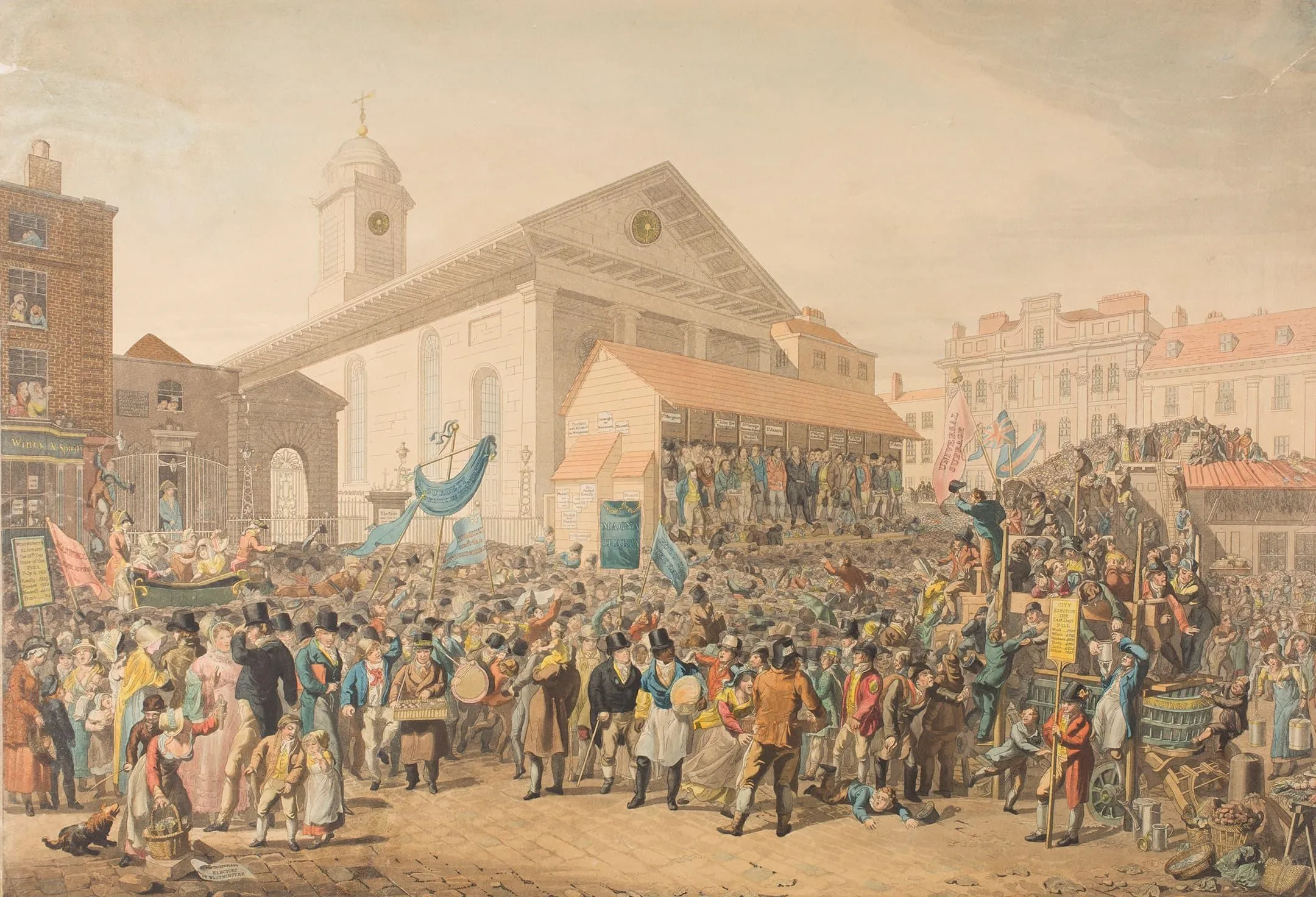Decolonising and diversifying our collections
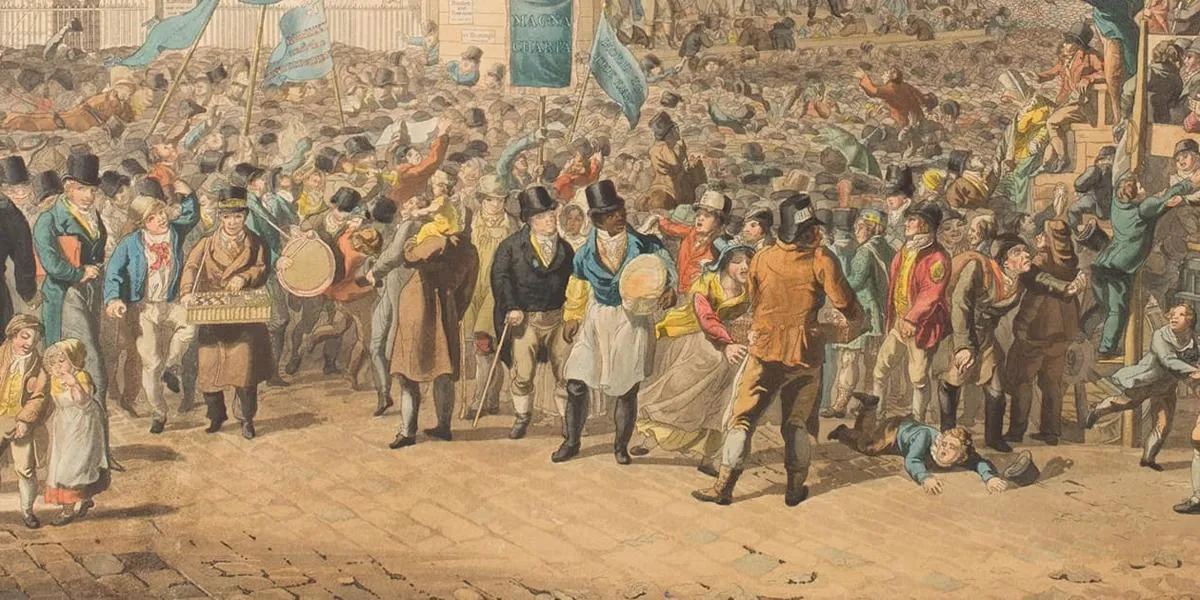
The London Archives (TLA) is committed to understanding and addressing the legacies of discrimination and colonialism that are embedded within our collections, practices, and institutional history.
Archives have the power to influence the way in which histories are preserved, represented and interpreted. Our aim is to create an inclusive and equitable archive that acknowledges and represents the diverse, complex and multi-layered histories which have shaped London and which includes the voices of all communities across the capital.
Our Context
Archives can illuminate, inspire and inform. They bring history to life, but they can also exclude, silence and marginalise by privileging history from narrow perspectives. For centuries organisations and individuals in London have created records and kept them as evidence of decisions, actions and business. But only a relatively small proportion of these records are ever formally transferred to an archive such as TLA.
The process of archiving is an act of assigning value because once held at TLA, these records are preserved forever and become the raw materials of history. In deciding which records are kept at TLA, we acknowledge that we are actively shaping London’s history.
Most of our holdings can be described as ‘official’ records created by major London institutions – bodies of London government, businesses (local, national and international), established religious institutions and other major civic bodies, charities and associations. Many were inherited from official bodies or were donated to us over a period of some 150 years.
They are rich and varied in content, but these records are rarely neutral or objective. They were created as tools of governance and tell the story of Londoners from the point of view of those governing rather than those governed. Voices from the grass roots are less present.
As products of power, patriarchy, class privilege, slavery and colonialism, they also embed widely held discriminatory attitudes to ‘race’, disability, gender identity and sexuality. In the absence of counter narratives, these records become the ‘official versions’ of history to the exclusion, misrepresentation and devaluing of other voices.
Taking Accountability
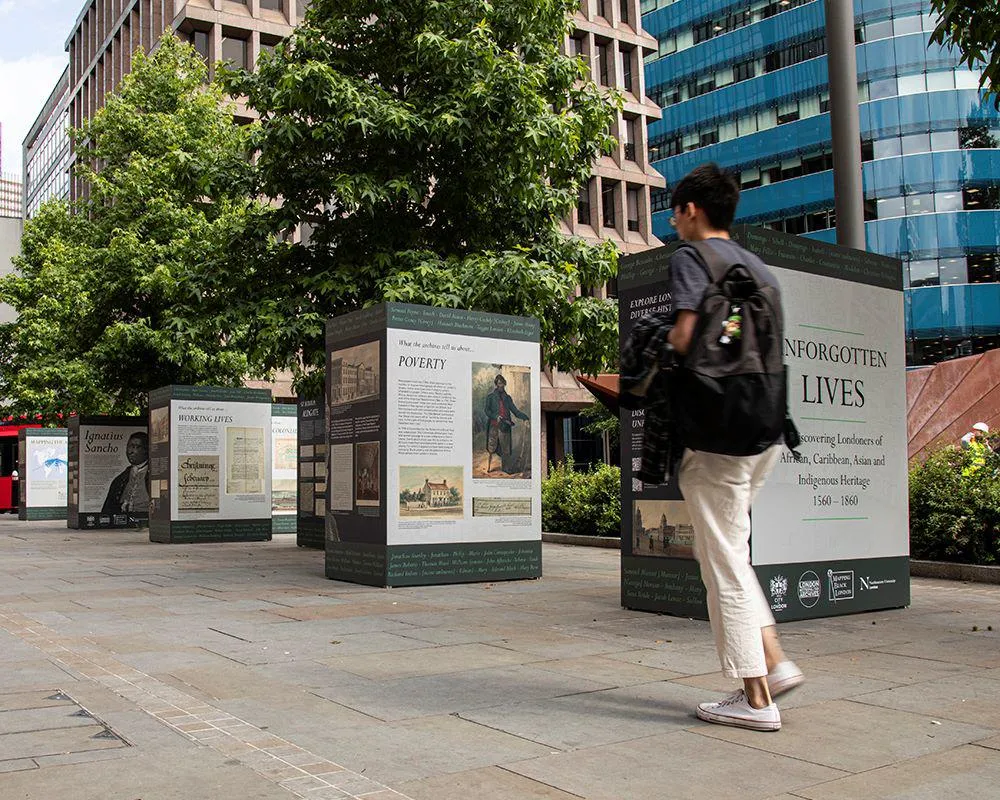
TLA acknowledges that many of our collections contain materials that reflect harmful discriminatory and colonial perspectives and narratives. We also hold ourselves accountable for uncritically perpetuating these narratives in the way we frame and present the knowledge in our care. TLA has a responsibility to prevent marginalised people, communities, histories and cultures from being misrepresented, overlooked and/or forgotten in our collections.
This means actively examining how records are described in our catalogues and providing the necessary contextual information. For example, some of the archives held contain the records of global colonial trade including the enslavement of people, yet there is often no adequate context or explanation of this historical reality provided in our catalogue descriptions. We must hold ourselves accountable for the ways in which archival practices have obscured systemic inequalities and oppression.
TLA therefore acknowledges its historic role in privileging particular histories and marginalising others. We need to promote greater visibility for neglected histories in all the work we do and focus on ways to expand voices where they are not present.
Inclusive Language
Many of the catalogues describing the archive collections we hold were produced over a long period of time. Historically, our cataloguing practices replicated much of the harmful language and content within our collections. Consequently, it is not unusual to find racist, sexist, classist, homophobic, transphobic, ableist and other oppressive language, imagery and content within our finding aids. We have established an Inclusive Terminology Working Group to address legacy harmful language and content within our catalogues and finding aids so that users no longer have to search and view this on TLA sites. We will also provide appropriate content warnings to protect our users from harm, and document any changes made.
Ethical Stewardship
We recognise the importance of ethical stewardship of our collections, particularly those that originate from or relate to colonised regions and peoples. This includes respecting and highlighting the cultural origin and significance of records to the communities it represents.
For example, among our collections is a 16th century manuscript of a classical Qur’anic Tafsir text called the Anwar al-Tanzil wa-Asrar al-Ta'wil, composed by 13th century Muslim scholar al-Baydawi (CLC/180/MS20185/011). When exhibiting the manuscript in our Unforgotten Lives exhibition we thought carefully about our description, display and storage of the record.
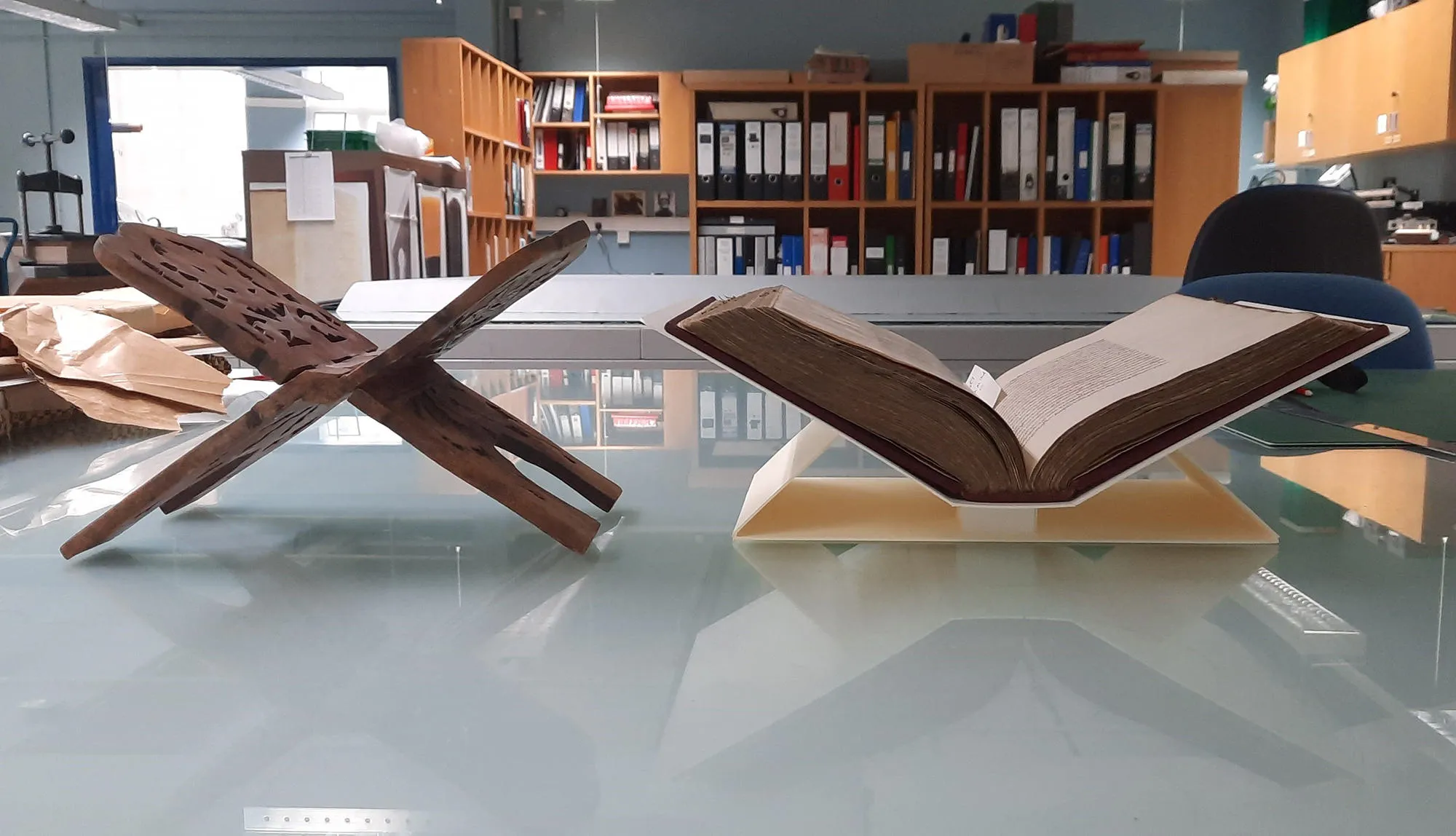
Originally the catalogue description merely described the record as ‘Quran, Archive of the Dutch Church’. To better dignify the cultural context, the caption was supplemented with translations from Arabic speakers with its full title and the story of where it came from and how it came to be in the Dutch Church. Our Collections Care team sought advice from members of the Muslim community to create a bespoke book cradle that mirrored a traditional rehal to hold the religious scripture. When storing the Tafsir al-Baydawi we added handling instructions that the religious community itself adheres to. Providing collections knowledge and care while respecting the sacredness of religious and cultural records is fundamental to ethical stewardship.
Diversifying Collections
We intend to actively diversify our collections to better represent both the historic and contemporary diversity of London’s communities. At TLA we have an acquisitions group which makes key decisions about which collections are transferred to us. We acknowledge that our acquisitions process has often attracted organisations who see themselves already represented here. We will be more proactive in identifying gaps within our collections, and work with new communities to support the preservation of diverse histories. This involves not only acquiring new materials that reflect a broader range of perspectives but also supporting community archive groups in preserving their own stories.
Collaborative Practices
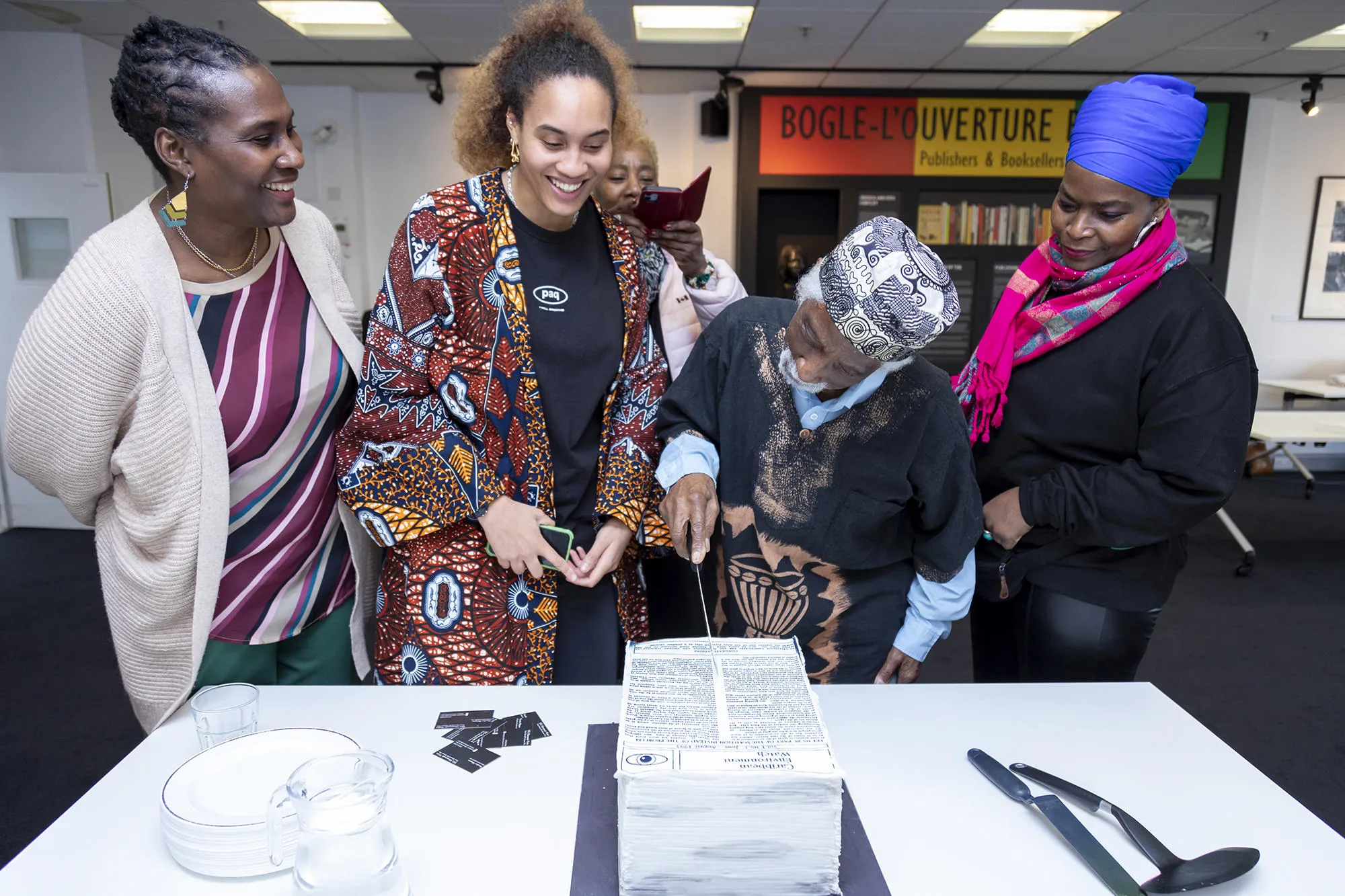
This work requires collaboration and dialogue with the communities whose histories we seek to preserve and share. We are dedicated to building and maintaining partnerships with community organisations, researchers, and individuals to ensure that our collections and practices are inclusive, respectful, and reflective of diverse experiences and viewpoints. Currently we have long-standing reciprocal relationships with many of our depositors including Friends of the Huntley Archives. We are embracing creative and collaborative initiatives to revisit existing collections with input from the communities they represent, including our recent Poetry vs Colonialism and Art at the Archive projects.
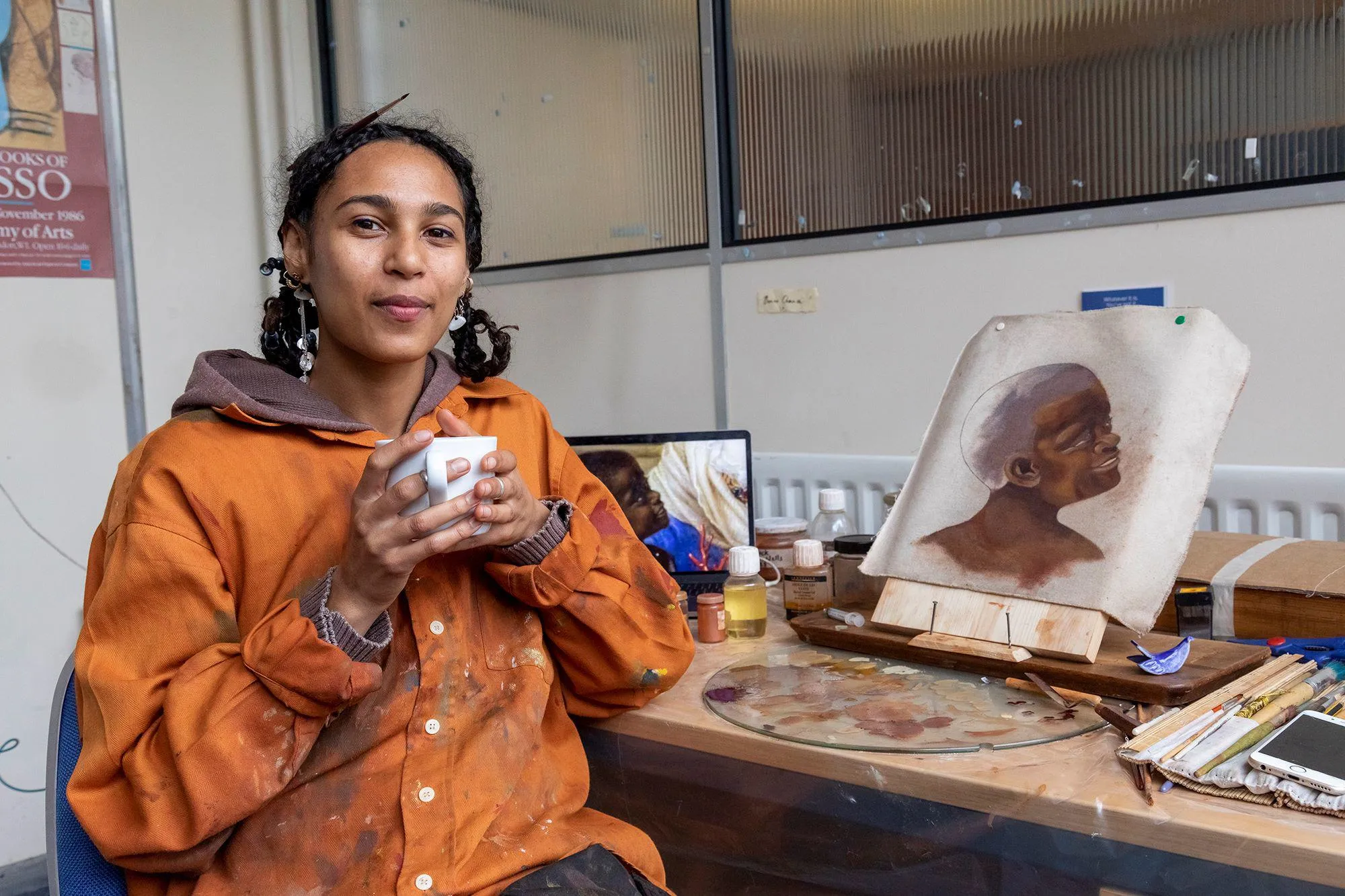
Transparent Progress
We will regularly evaluate and publicly report on our progress via the News and Blogs pages. This work will be part of a wider EDI strategy with clear measurable goals and a real commitment to change. We welcome your feedback in helping us to identify areas for growth and ensure that our strategies reflect the needs and aspirations of our diverse audiences. Through these commitments, TLA seeks to transform itself into a truly inclusive and representative institution that honours the rich tapestry of histories that make up our shared past. We believe that decolonising the archives is not just a matter of historical justice, but a necessary step towards building a more equitable future.
